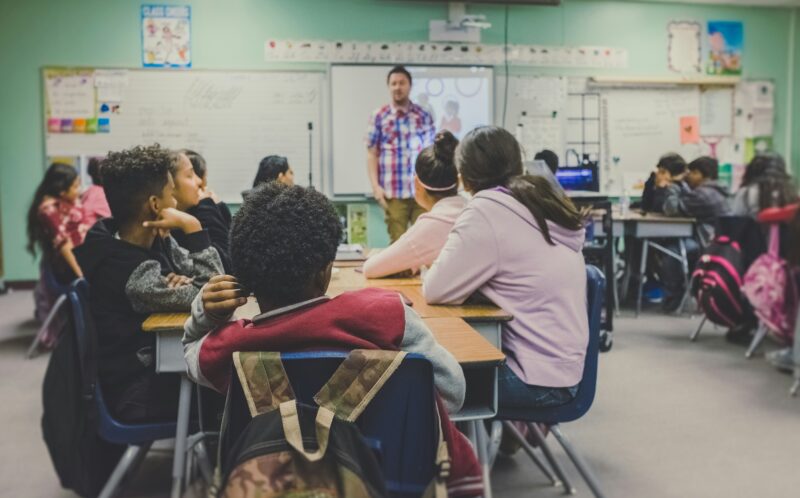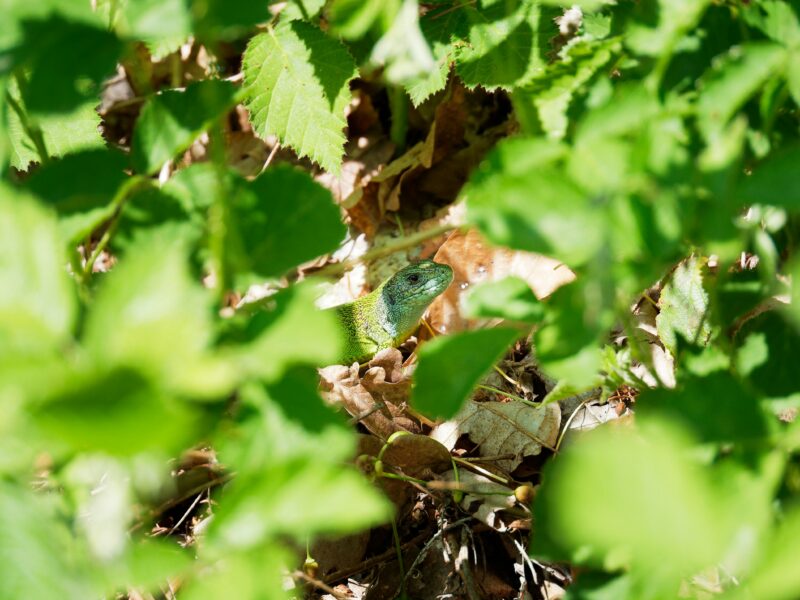
Sustainability hidden? Case study-based investigation of the influence of the hidden curriculum on students’ sustainability understanding/competencies.
Educational science assumes that learning takes place not only through explicit knowledge transfer, but also alongside it through unspoken values, norms or rituals of the education-al environment (“hidden curriculum”). My research project aims at investigating whether and how a hidden curriculum of schools might influence learning with regard to sustaina-bility.

Past and present human activities created multiple socio-ecological crises like climate change, biodiversity losses, rising inequalities or health risks. Education is considered a paramount means in countering these various crises and in enabling the transition towards more sustainable societies. Educational efforts in this context are often referred to as Educations for Sustainable Development (ESD) and have the goal to develop competencies that allow learners to contribute to a sustainable transformation of societies.
Current research is investigating how relevant sustainability competencies can be developed. Some research focuses on teaching methods and strategies, but findings from educational science show that learning takes place not only through explicit knowledge transfer, but also through various other aspects. This phenomenon is often referred to as the “hidden curriculum” – the learning apart from the explicit curriculum.
My project aims at investigating the influence of a hidden curriculum in schools on sustainability learning respectively the development of much needed sustainability competencies. This should be done in the form of a comparative case study. For two schools of the same type the hidden curriculum will be identified through participative science and for the first cohorts of these schools the sustainability competencies will be identified in a pre- and post-test design at the beginning of a school year and at the end of it. Potential differences in development of sustainability competencies will then be hypothesized about according to the differences in the hidden curriculum. If there is enough time, another aim of the project would be to test the developed hypotheses through adaptation of the hidden curriculum of the school(s) under investigation and to again test the development of sustainability competencies. With that, the project can contribute to the knowledge base about how to develop the well needed sustainability competencies.

